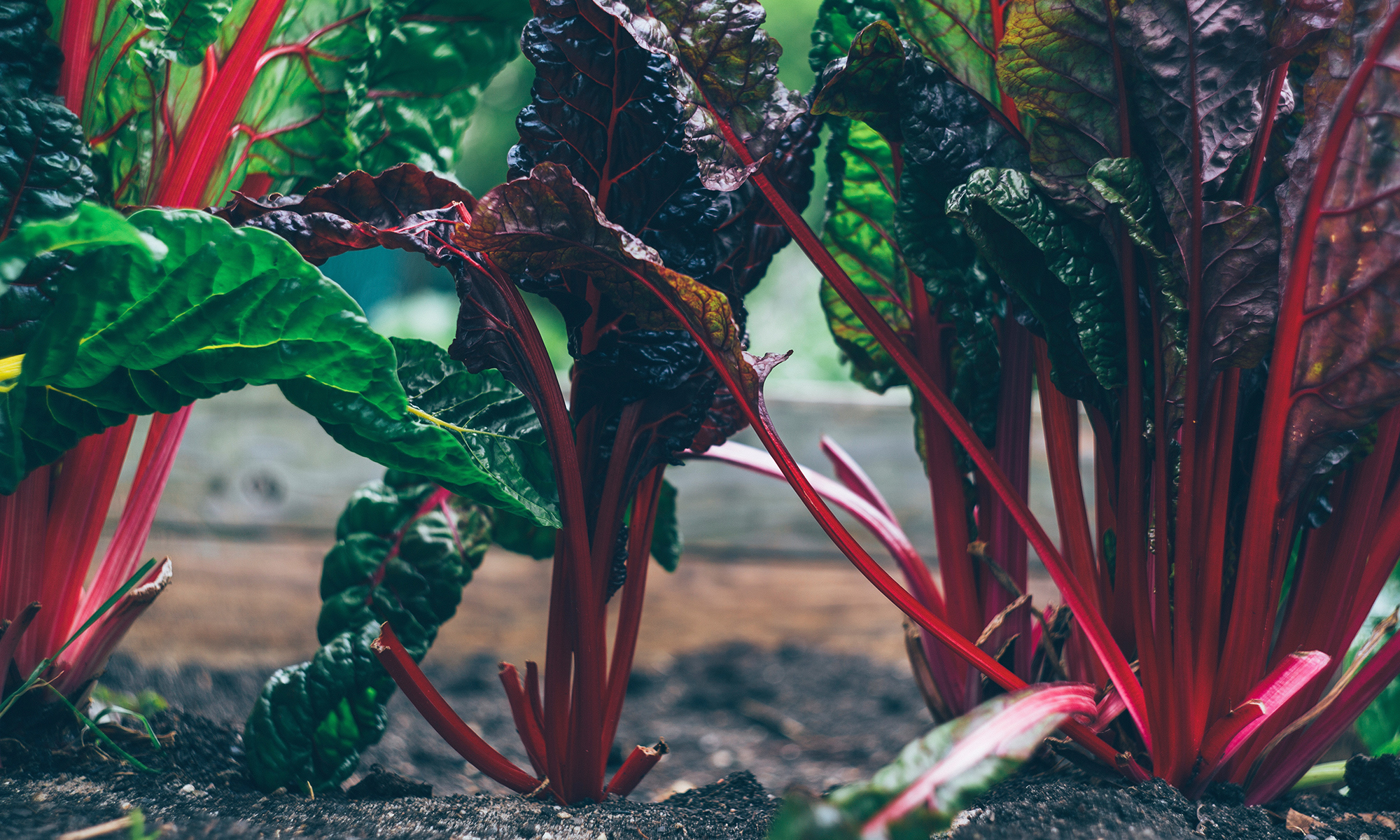I have worms in my basement, and they’re munching on moldy vegetables and excreting brown liquid. No, this isn’t the premise of a new episode of “Hoarders.” This is my new composting/vermiculture set-up.
My first attempts at composting started in May 2008 when the city of Cambridge initiated a new program to collect food scraps from the residents. They provided free green totes to collect the kitchen waste that we could then empty at either the DPW facility or at the local Whole Foods. Within 48 hours my tote was full. I knew immediately that two things needed to change. First, I was wasting too much food, and second, I needed a compost bin on- premise. Multiple weekly trips to DPW to dispose of my compost just weren’t going to fit into my schedule.
I promptly bought a compost bin for my backyard – the generic black bottomless box that the city sells for a subsidized rate. I could not only toss my food scraps into the bin, but also all the garden debris – pruned shrubs, weeds, leaves, spent vegetables plants, etc.
I have to be honest – I was not as good about composting as I wanted to be. Standing at a measly 5’3”, I had a hard time getting the leverage to reach into the bin and turn the pile – bringing the dirt up from the bottom and burying the newly added compostables to the bottom. I adopted the passive approach to composting – just filling it until it was packed and then waiting a year to take compost from the bottom trap door. At the end of the first summer, the bin filled quickly with the end-of-the-season clean-up, there was no room for my kitchen scraps. And with the snowy winters, it was a bit of a hassle to take things out to the bin anyway.
When Cambridge switched to single stream recycling, I decided to make a more concerted effort to recycle and compost. I signed up for a workshop, for $75 it promised I would learn everything I needed to know (though really, how hard could it be??) and have all the trapping for an indoor vermiculture system.
I walked away with a large plastic tote, with a starter layer of dirt and worms. The worms will eat the mold that forms on the scraps, converting it to compost, and poop out a nutrient rich liquid. The liquid, when diluted with water is an incredible food source for plants. In order to maintain proper moisture in my bin, I will add layers of shredded newspaper.
I cleared a space under the kitchen sink so I could easily access the green tote that would serve as a temporary repository for the food scraps until I carried it to the basement.
(It's filled mostly with old coffee grounds and filters)
Three weeks in, and I feel I finally have a system I can work with. The worm population is thriving in my bin, which is a good sign that I have given them enough food and balanced the moisture properly.
In three months, I will start a second bin, and let the worms finish transforming my waste into nutrient rich soil. When all remnants of food are gone, I will put the “matter” in a plastic bag to kill the worms and initiate the final transition from compost into soil.

That’s great! I know what you mean about having a “system.” We don’t have a composting requirement where I live (not that it should matter) but I know that with recycling I struggled for years and found that used containers were piling up around me. Now, I finally have one bin in the basement. When it’s full, it’s time to take it to the curb!
I’m lucky to be able to walk out the door and dump our scraps into a large compost bin. Our method is entirely passive. We have the luxury of space, so when one pile is high enough, we turn it once or twice, then leave it to do its thing and we just start another pile. There’s nothing as rewarding as using your own homemade compost in the garden come spring.
I’ve seen these bins before…thought about getting one, but still need to work through the idea of having worms in my basement.
I’m really glad to have the green bin program in Ottawa. Between around April to November, pick up of medium-sized bin is weekly. In the winter, it decreases to every two weeks. Aside from some supplementary bags for yard waste, all of my scraps go into there. But, it means that I have to find compost elsewhere.
T.W. — Now we need to get a system for you for composting 🙂
Lydia — I got the idea of passive composting from you. I just wish I had the space for multiple piles.
PG — You’re not the first to be concerned about worms in the basement. I can assure you they stay quite happily in the sealed bin. And since I know you have a garden now, it would be great if you made your own compost. Though I’m exceedingly jealous that Ottawa has curbside composting pick up. I think Cambridge will get there soon.
Urban composting is a good thing. But why would you kill the worms? They’ll keep working to make your soil better when you add it to your garden or landscaping.
Peter – the type of worms that work well for indoor vermiculture will wreak havoc in my garden. I will need to preserve enough worms to keep my compost going, and then make sure any remaining worms are dead before I use the compost in my garden.
Urban composting is a great idea!I wish I had a garden to use it on.But mine is paved with concrete:(
Still I like the idea of encouraging others to put their garbage to good use!